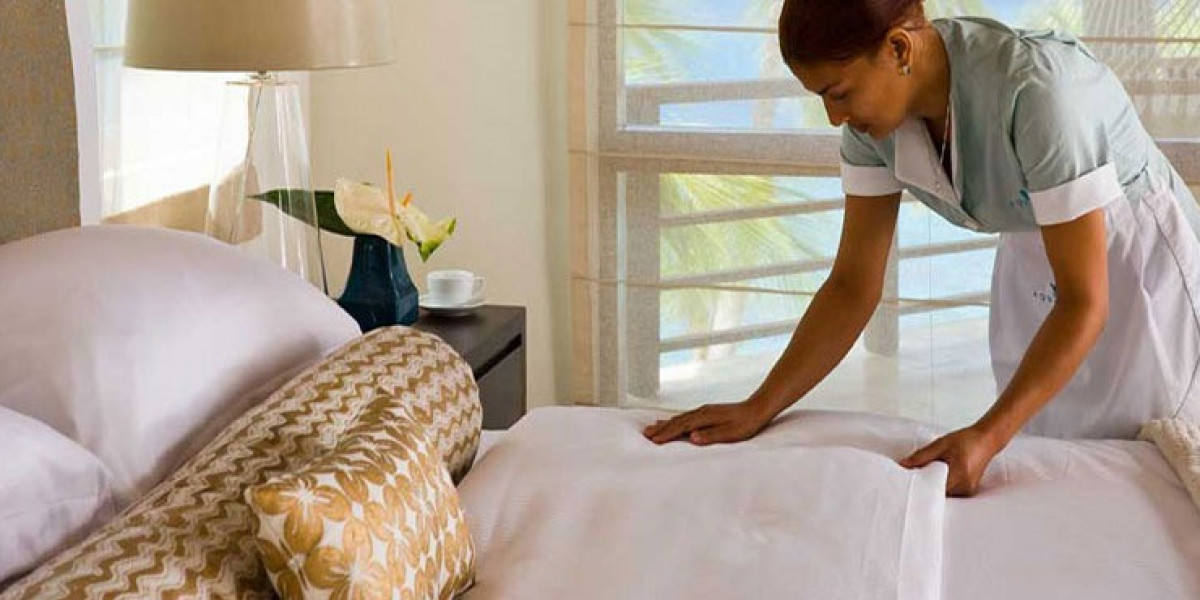Types of Hinges and Their Applications
The first step in choosing the right hinge is understanding the different types available. Each type is designed for specific uses, depending on the weight, size, and function of the door.
Butt Hinges
Butt hinges are the most common type and are widely used for standard interior and exterior doors. They consist of two leaves joined by a pin. Butt hinges are available in different sizes, and their simplicity and strength make them ideal for most residential applications.Continuous Hinges
Also called piano hinges, continuous hinges run the entire length of the door. They are excellent for heavy doors, providing extra support to prevent sagging. These hinges are commonly used on doors that are subject to heavy traffic or on doors that need to be extra secure.European Hinges
These are the most popular hinges for modern cabinetry and are often used in kitchens and bathrooms. European hinges are concealed when the door is closed, giving a sleek, minimalistic look. They are adjustable, making installation and alignment easier, and they allow for smooth door movement.Pivot Hinges
Pivot hinges are ideal for heavy, large doors or doors that pivot open rather than swinging from one side. These hinges allow for greater flexibility in design, as they are hidden within the door frame and can be adjusted to open at different angles.Double-Action Hinges
These hinges are designed for doors that need to swing both ways. Common in restaurants, kitchens, or public spaces, double-action hinges provide easy access without the need for a traditional doorknob or handle. The door swings freely in both directions and automatically returns to its closed position.
Material Choices for Durability and Aesthetic Appeal
The material of your hinge will play a significant role in its durability and how well it complements your door’s design. Common materials for hinges include:
Stainless Steel
Known for its strength and resistance to corrosion, stainless steel is a popular choice for both interior and exterior doors. Stainless steel hinges are ideal for doors exposed to moisture, such as in bathrooms, kitchens, or outdoor spaces.Brass
Brass hinges have a warm, golden hue and are often chosen for their decorative appeal. Over time, brass develops a unique patina, adding character to doors. Brass is a good choice for doors that require a traditional or vintage aesthetic.Zinc
Zinc-coated hinges are more affordable and can be used for lighter interior doors, such as cabinet doors or smaller office doors. Zinc is resistant to rust but may not be as durable as stainless steel in high-traffic or outdoor environments.Bronze
Bronze hinges are a great choice for both their durability and their rich, dark color. They are particularly resistant to corrosion, making them a good option for doors that will be exposed to harsh weather conditions or salty air.
Considerations for Choosing the Right Hinge
Door Weight
The weight of the door is a critical factor when selecting hinges. Heavier doors, such as solid wood, metal, or glass doors, require larger, more robust hinges. Choosing the wrong hinge size can lead to sagging and improper door alignment.Door Type
Consider the type of door you are installing the hinges on. For example, if you are installing a cabinet door, European hinges might be the best option, as they provide a clean, modern look while offering adjustable settings. For an exterior door, a heavy-duty hinge such as a butt or continuous hinge may be necessary.Climate and Environment
If your doors will be exposed to extreme weather conditions, consider corrosion-resistant materials like stainless steel, bronze, or zinc. These materials are particularly important for exterior doors or doors in humid environments like bathrooms or kitchens.Security Needs
For added security, choose heavy-duty hinges with security features, such as non-removable pins. Some hinges are designed to prevent tampering and can provide extra protection for doors that lead into your home or office.
Why Quality Matters
The quality of your hinges can make all the difference in how long they last and how well your door functions. Choosing hinges from a reputable Hinge Supplier ensures that you're getting high-quality products that are durable and reliable. High-quality hinges are engineered to withstand heavy use, prevent door sagging, and resist corrosion, ensuring your doors remain in good working order for years to come.
Conclusion
When selecting hinges, consider the type of door, the material, and the environment in which the door will be used. Each factor plays a role in ensuring your door operates smoothly and lasts over time. By understanding the different hinge types and materials available, you can make an informed decision that fits your needs, whether you're installing doors in your home or business. And by sourcing your hinges from a trusted Hinge Supplier, you can ensure your doors function properly and look great for years to come.














